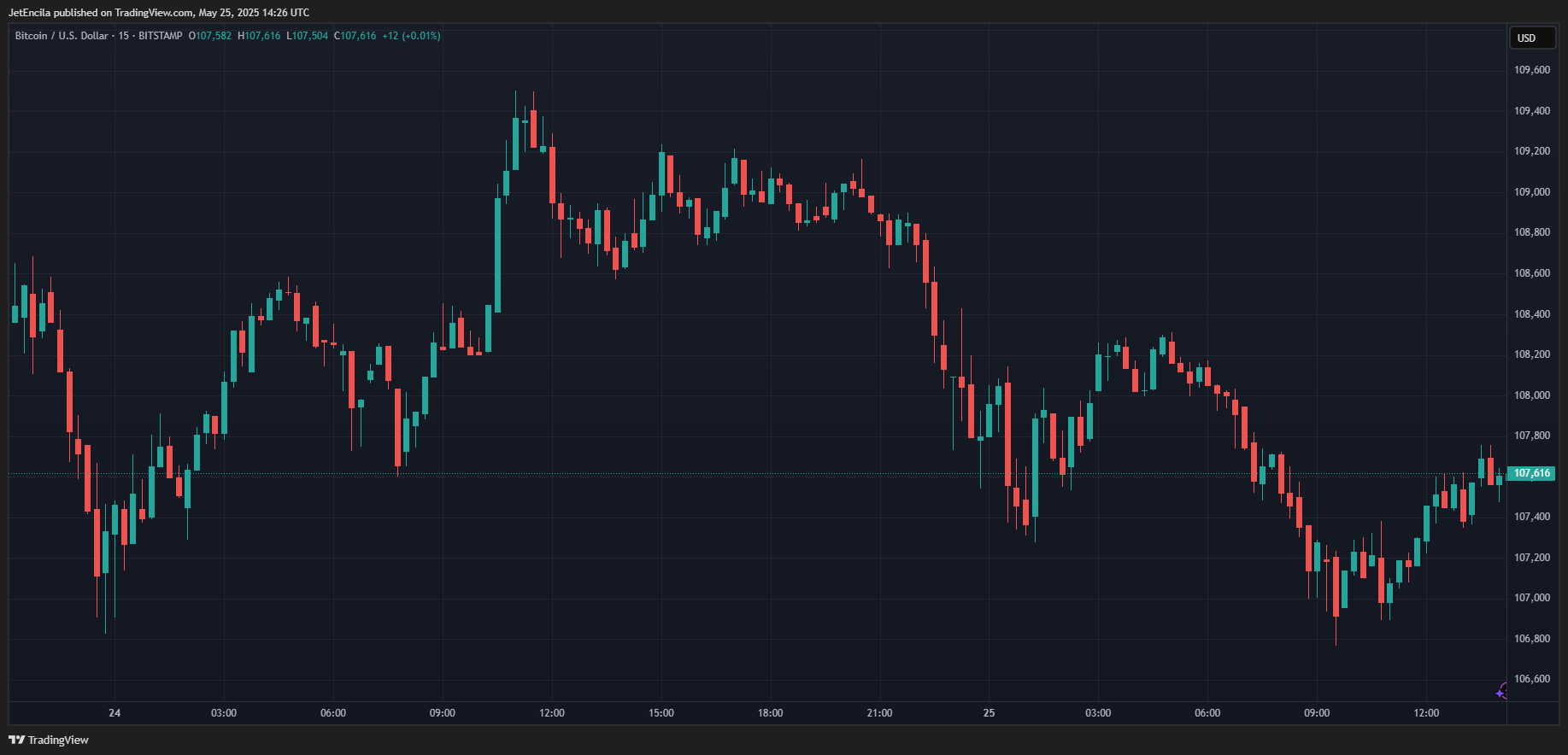Pakistan’s government has moved to put its excess electricity to work in a surprising way. It has set aside 2,000 megawatts of surplus power for Bitcoin mining and artificial-intelligence centers.
This decision aims to turn an energy glut into an economic boost. It comes as part of a wider plan backed by the Finance Ministry and pushed by the Pakistan Crypto Council.
Surplus Power Allocation
According to local reports, Pakistan’s grid often produces more power than it needs. Now, that extra juice will be sent to data halls and mining rigs.
The first phase kicks off immediately. It will feed AI centers and crypto farms. Officials say this move could draw in billions in foreign cash. It should also open up tech jobs in cities and towns across the country.
Pakistan’s Finance Ministry announced it will allocate 2,000 megawatts of surplus power to support Bitcoin mining and AI center development as part of its national digital transformation strategy. The government has introduced tax incentives to attract foreign firms, with several…
— Wu Blockchain (@WuBlockchain) May 25, 2025
Tax Breaks And Investment
Based on reports, the Finance Ministry has rolled out special tax breaks for AI sites. Bitcoin miners will also get duty exemptions on their gear. Already, foreign delegations have been touring Pakistan to see the setup.
They’re checking out potential deals for hardware, software, and data-center space. Finance Minister Muhammad Aurangzeb told reporters that clear rules and perks will make Pakistan a top spot for tech investors.

Creating An Oversight Authority
The government is also setting up a Pakistan Digital Assets Authority. This new body will license and regulate exchanges, wallets, and token platforms. It will keep an eye on stablecoins, DeFi apps, and other blockchain services.
The digital assets body is even planning to “tokenize” national assets and public debt. In future, it could manage how surplus electricity is used for mining in a way that’s logged and audited.

Environmental Balance
Phase two of the plan brings a green twist. Officials promise to tap renewable sources, like solar and wind, for mining sites. That should help limit carbon emissions and ease public concerns.
Pakistan already faces air-quality issues in major cities. By steering mining operations toward renewables, the government hopes to cut fuel use at thermal plants and balance power needs.
In global rankings, Pakistan came in ninth on Chainalysis’s 2024 crypto adoption index. Based on Statista data, the country is on track to have over 27 million crypto users by 2025. That’s more than 10% of its 247 million people. These figures underline a fast-growing market of retail traders and institutional players alike.
Critics caution that high mining loads would overburden local grids unless properly managed. They also refer to price fluctuations of Bitcoin, which might transform a profitable scheme into a monetary bet.
Featured image from Unsplash, chart from TradingView



